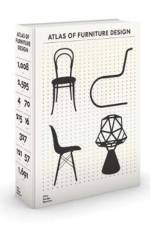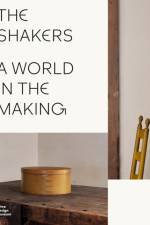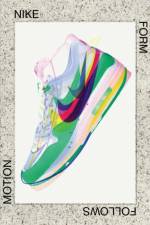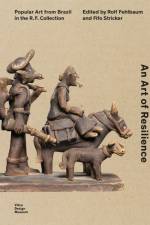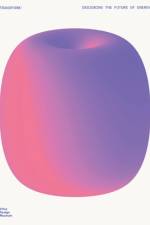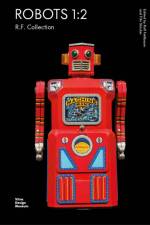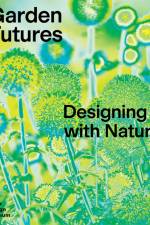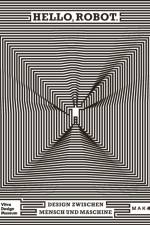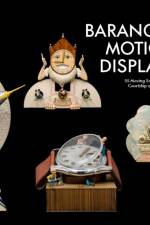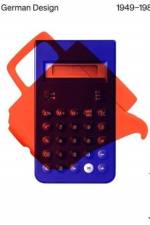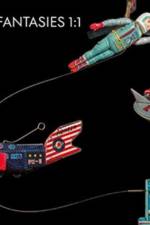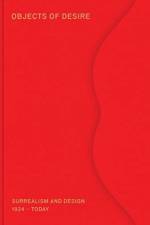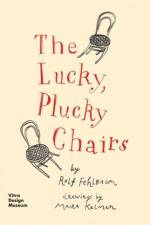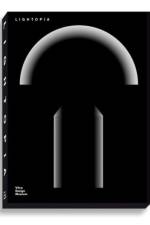- Surrealism and Design 1924 - Today
av Mateo Kries
795,-
Der Surrealismus zählte zu den einflussreichsten Kunstbewegungen des 20. Jahrhunderts. Dieses Buch untersucht den Dialog zwischen Surrealismus und Design und zeigt zum ersten Mal, wie stark der Surrealismus das Design der letzten 100 Jahre beeinflusst hat. Er hat Designer ermutigt, nach der Realität hinter dem Sichtbaren zu fragen und Dinge zu gestalten, die Widerstand leisten, mit Gewohnheiten brechen und aus dem Alltag ausscheren. Die Bandbreite der Beispiele reicht von Duchamps Readymades und Dalís sinnlichen Objektskulpturen über die Arbeiten von Designern wie Carlo Mollino oder Gae Aulenti bis hin zu aktuellen Entwürfen, die neue Technologien oder Geschlechterrollen auf subversive Weise hinterfragen. Dabei wird deutlich, dass der Surrealismus bis heute nichts von seiner Aktualität verloren hat - in der Kunst wie im Design.Mit Werken u. a. von Gae Aulenti, André Breton, Achille Castiglioni, Le Corbusier, Salvador Dalí, Marcel Duchamp, Dunne & Raby, Ray Eames, Max Ernst, Front Design, Iris van Herpen, Friedrich Kiesler, Shiro Kuramata, René Magritte, Lee Miller, Carlo Mollino, Isamu Noguchi, Odd Matter, Meret Oppenheim, Mimi Parent, Gaetano Pesce, Man Ray, Robert Stadler, Studio Wieki Somers.

